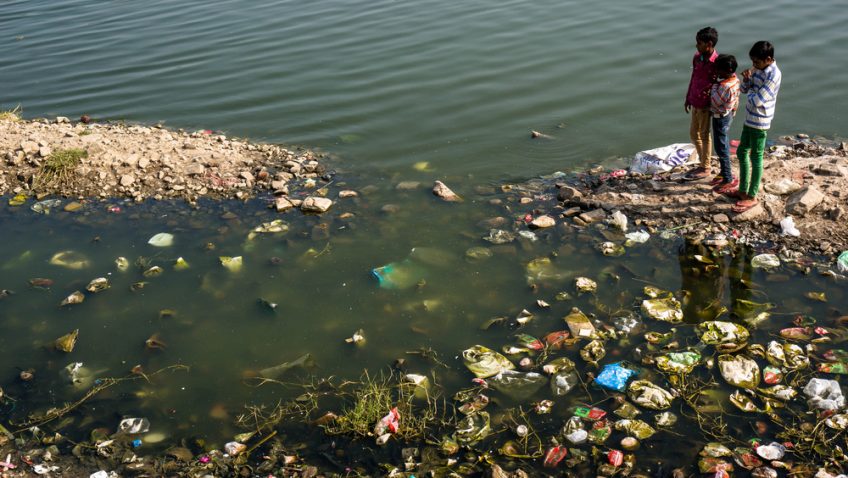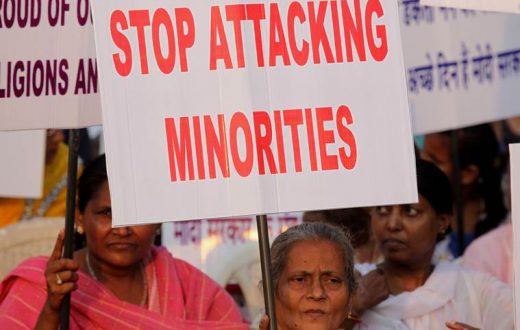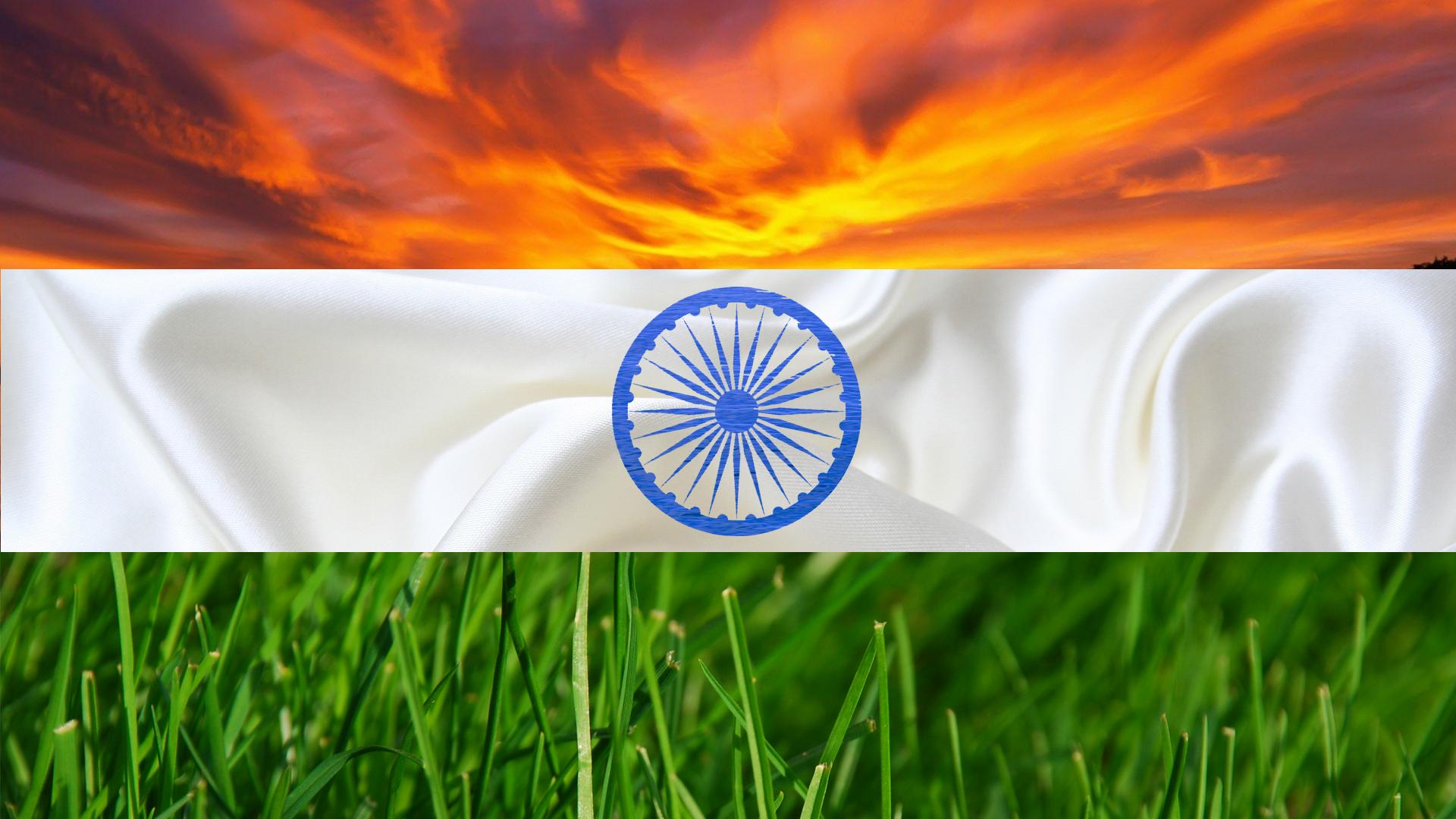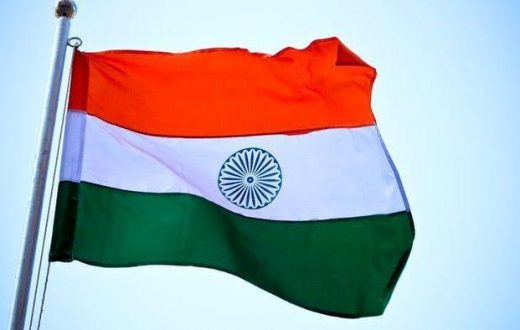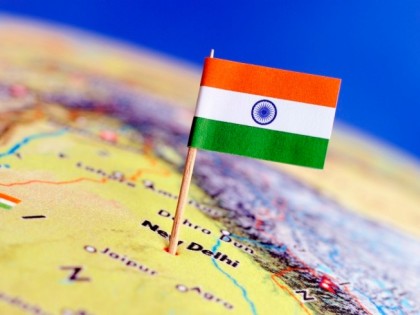Tim Marshall in his book,’ Prisoners of Geography’ writes that in case, Kashmir becomes part of
Pakistan, it would deny India opportunities and strengthen foreign policy options for Pakistan.
Pakistan’s water insecurity issues would also be resolved. Originating from Himalayan Tibet,
Indus River passes through Indian-controlled Jammu and Kashmir before entering Pakistan from
where it runs the length of the country and empties in the Arabian Sea in Karachi.
In 2016, Indian Prime Minister Narendra Modi had said that this resource that belonged to India could
not be allowed to flow into Pakistan. The Indian government had threatened to revise the Indus
Water Treaty (IWT) during that time after Pathankot and Uri attacks. India is repeating the
same rhetoric after the Pulwama Attack in Indian Occupied Jammu and Kashmir. According to
Hindustan Times, the government of India has announced to divert the flow of this resource entering
into Pakistan which it calls ‘unutilised water’. The government plans to divert the flow into the
Yamuna River in order to improve its availability. Water flow coming from three rivers
Indus, Jhelum and Chenab to Pakistan would be diverted to Yamuna River where Indian
government plans to build a project. Pakistan is entitled to have the water from these three
rivers under the IWT.
This treaty was signed between India and Pakistan on September 19, 1960. The
treaty was brokered by the World Bank. The treaty gave India control over waters of three
eastern rivers, Sutlej, Beas and Ravi. Similarly, it gave Pakistan control over waters of three
western rivers, Indus, Jhelum and Chenab. This treaty is said to have stood even during the
wars between India and Pakistan. However, the BJP government under Modi has threatened in
several occasions to revise the treaty. Moreover, Indus River System Authority (IRSA) experts
complain that instead of using water from only three rivers which India has control over
according to IWT, India is constructing huge water storages on all six Indus basin rivers. This is a
clear violation of the treaty. The treaty, however, allows India to use this resource in non-consumptive
ways from the western rivers. As per the experts, this permits India to use water in a way that
does not reduce downstream water level and does not change the course of the rivers. India is
allowed to tap into 3.6 million acre-feet (MAF) of water only for transport, power and irrigation purposes.
The threat to revise the treaty and stop the flow of water to Pakistan is not only the
violation of IWT but also of the international law. International Law proscribes upper riparian to
divert or stop the flow of waters of rivers to the lower riparian. Therefore, India’s move to stop
or divert flow would be a clear violation of International Law.
The Indian government is definitely leaving no stone unturned to isolate Pakistan
internationally and sabotage its progress domestically. Pakistan is an agrarian state where
agriculture contributes approximately 20 per cent to its GDP and employs approximately 43 per
cent of its labour force. India is deliberately trying to weaken Pakistan’s already struggling
economy and it clearly knows its moves in this regard. However, the current wave of threats to
revise the IWT and isolate Pakistan internationally shows opportunism of Indian government
which is playing the hatred card against Pakistan to win the upcoming general elections. But
this is not it. This resource is more than just a war tool and BJP government in India is making the most
of it.
In 2013, William Sarni and Tamim Pechet wrote a book, ‘Water Tech: A Guide to Investment,
Innovation and Business Opportunities in the Water Sector’ in which they highlighted the
emergence of water cartels in future just like oil and gas cartels in the past. In 2010, the then
Secretary of Indian water resources ministry (retired) U.N. Panjiar had talked about business
opportunities in the Indian water sector. He highlighted opportunities within this sector
covering industry, desalination projects, agriculture, hydropower, storage and home
consumption. In this regard, India has invested billions of dollars in this sector which
includes investments from several banks and domestic companies. India’s such moves
apparently manifest its long-term desires to create a water cartel. Hence, the current war
rhetoric is not just a political gimmick to create hatred against Pakistan to win the elections but
also a deliberated long-term curved business opportunity to create a water cartel.

